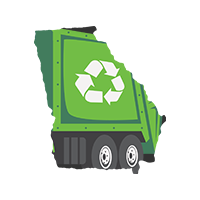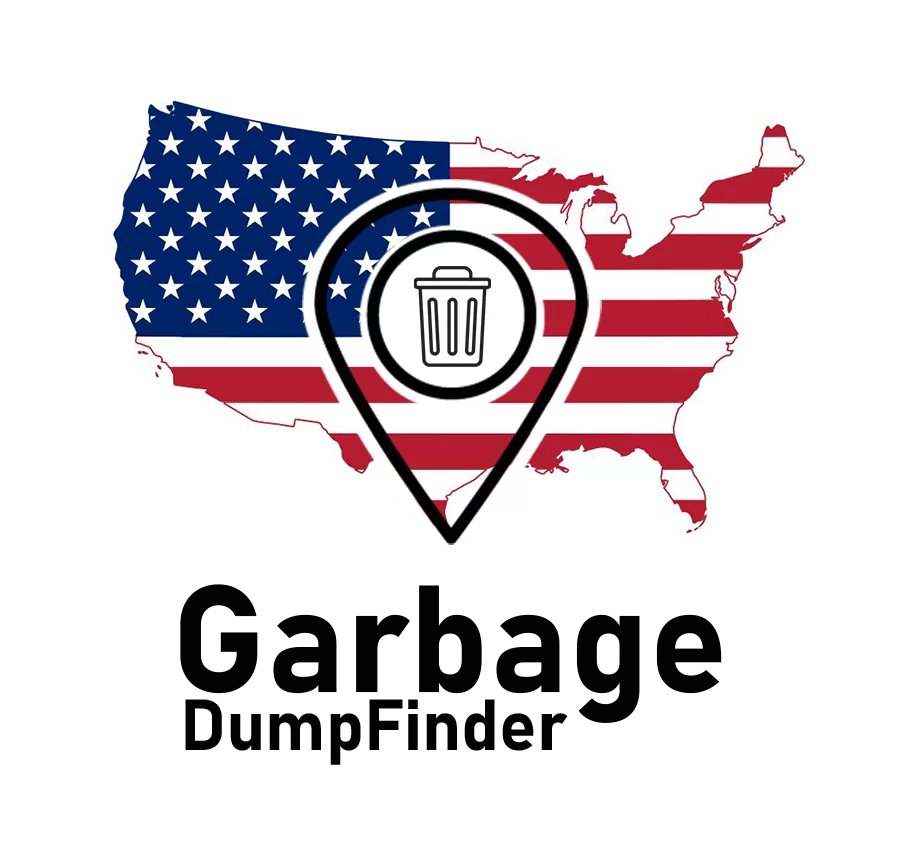Find Georgia Garbage Dumps & Landfills Near You
America's Largest List of Dumps in Georgia
If you’re searching for a nearby garbage dump or landfill in Georgia, we’re here to help. Whether you’re located in Atlanta, Augusta, or Savannah, it’s important to know where you can safely dispose of your household or yard waste. Local facilities make it easy to manage waste disposal in a responsible way. Our guide provides you with the information you need to find the nearest landfill or garbage dump so you can follow proper disposal practices and keep our state clean.
FAQs
What types of waste can I take to a garbage dump?Most garbage dumps in Georgia accept common household trash, bulky items like furniture, and yard debris. However, hazardous materials, such as chemicals and electronics, often need to be taken to specific recycling centers. Always check with your local facility for details.
Is there a cost to use the garbage dump?Yes, most facilities charge a fee based on the type and weight of the waste you're bringing in. It’s a good idea to contact the landfill ahead of time to get an estimate on fees.
Can I recycle items at the landfill?Many landfills offer recycling services for certain materials, such as paper, metals, and plastics. It’s recommended to separate recyclables from regular waste before arriving to make the process more efficient.
Do garbage dumps accept commercial waste?Some landfills in Georgia accept waste from businesses, but it’s important to verify with your local site. Certain facilities may have limits on commercial disposal or require additional permits.
What do I do with electronic waste?Electronics like TVs and computers are typically not accepted at standard garbage dumps. There are designated e-waste recycling centers in Georgia for disposing of these items responsibly.
Can I bring construction debris to a landfill?Many landfills accept construction waste, but you may need to pay additional fees depending on the volume. It’s best to call ahead to confirm what type of construction materials are accepted at your local facility.
Are there any vehicle restrictions at garbage dumps?Most garbage dumps allow various vehicle types, such as pickup trucks and trailers, but some may have limits on larger vehicles. Be sure to verify vehicle restrictions with your local landfill before making a trip.

List of Georgia Dumps
More About Georgia Dumps
In Georgia, the management of garbage dumps and landfills is overseen by the state’s Environmental Protection Division (EPD), ensuring that waste disposal practices follow environmental regulations. With a growing population, waste management in cities like Atlanta, Macon, and Columbus has become more important than ever. Landfills across the state serve both residential and commercial waste needs, helping to keep our communities clean and reducing environmental impact.
Georgia’s landfill system is structured to handle various types of waste, from everyday household trash to large-scale construction debris. Notable facilities, such as the Seminole Road Landfill in DeKalb County and the Richland Creek Landfill in South Fulton, are key to managing waste in their respective areas. These landfills offer services to both residents and businesses, making it easier to dispose of bulky or difficult-to-manage waste items.
In recent years, Georgia has made significant strides in reducing landfill use by encouraging recycling and waste diversion. Many landfills in the state offer recycling options for paper, metals, plastics, and even electronics. This helps to minimize the volume of waste entering landfills, extending the lifespan of these facilities and promoting environmental sustainability.
It’s important for us to be aware of what waste materials are accepted at our local garbage dumps and landfills, as this ensures proper disposal and supports the state’s ongoing efforts to reduce environmental impact. For specialized items such as hazardous materials and electronics, designated recycling centers offer additional options for responsible waste management.
For more information, visit Georgia’s Environmental Protection Division.
